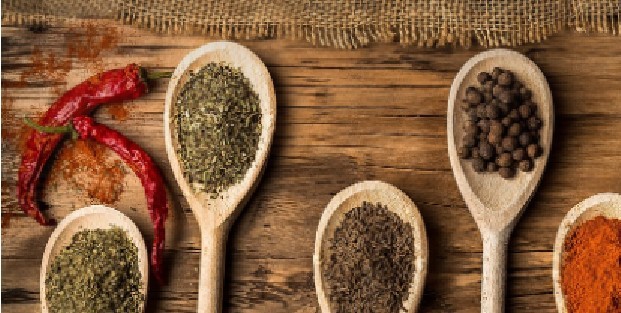Choosing the perfect spoon for your kitchen involves considering the types of cooking and food preparation you do most often. Here are some tips to help you select the right spoon for your needs:
1. Material:
- Wooden Spoons: These are versatile, gentle on cookware, and great for stirring and mixing. They won’t scratch nonstick pans and won’t react with acidic ingredients.
- Silicone Spoons: Heat-resistant and nonstick, these are ideal for cooking with high temperatures. They won’t scratch or damage delicate surfaces.
- Stainless Steel Spoons: Durable and easy to clean, stainless steel spoons are suitable for a wide range of cooking tasks, including stirring, sautéing, and serving.
2. Handle Length:
- Long handles are useful for stirring in deep pots or reaching into tall containers.
- Short handles are practical for smaller tasks and are often used for serving.

3. Shape and Design:
- Basic Round Bowl: A versatile option for general stirring and mixing.
- Slotted or Perforated: Great for draining liquids while serving or stirring.
- Flat Edge: Perfect for scraping the bottom of pans to prevent sticking.
- Pointed or Tapered: Useful for reaching into corners and for precision tasks.
4. Heat Resistance:
- Make sure the spoon is heat-resistant if you plan to use it while cooking on high heat.
5. Dishwasher Safety:
- Consider whether the spoon is dishwasher-safe for easy cleanup.
6. Nonstick Compatibility:
- For nonstick pans, opt for spoons that won’t scratch the surface, like silicone or wooden spoons.
7. Ergonomics:
- Choose spoons with comfortable handles that are easy to grip and maneuver.
8. Intended Use:
- Cooking: Look for a spoon with a comfortable grip, suitable for stirring, sautéing, and tasting.
- Baking: A flat edge spoon is useful for folding ingredients into batter or scraping dough from bowls.
- Serving: Slotted spoons are great for serving dishes with sauces or liquids.
9. Multi-Functionality:
- Some spoons come with additional features, like built-in measuring marks or spatula-like edges for scraping.
10. Personal Preference:
- The right spoon also depends on your personal cooking style and preferences.
11. Quality and Durability:
- Invest in good-quality spoons that will last and serve you well over time.
12. Try Before Buying:
- If possible, hold the spoon in your hand to see if it feels comfortable and balanced.
13. Versatility:
- Consider getting a variety of spoons to cover different cooking needs.
Ultimately, having a selection of different types of spoons can be beneficial for various cooking tasks. Assess your cooking habits and needs to choose spoons that enhance your cooking experience.












